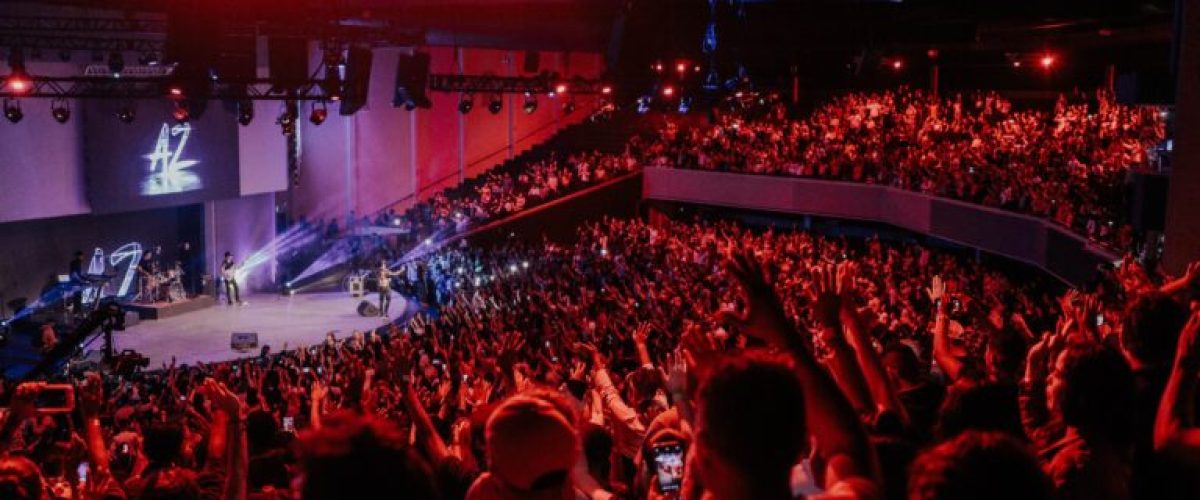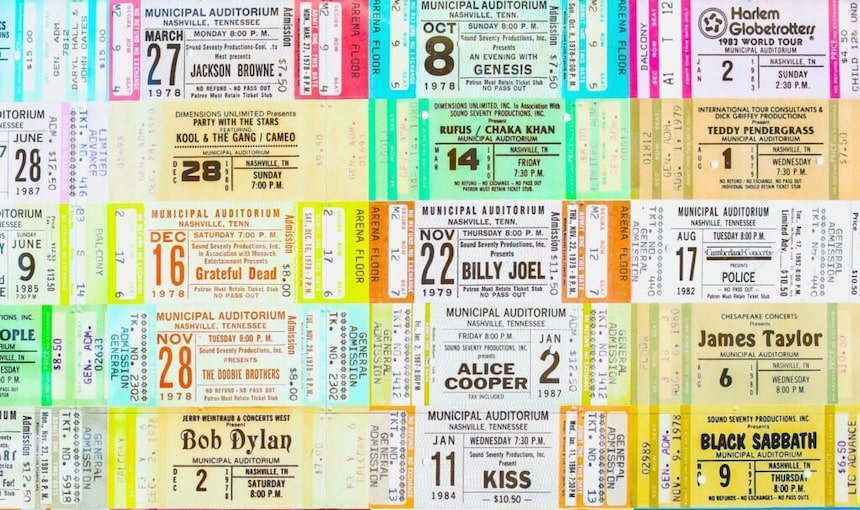At the forefront of mostly every conversation about the current live music industry is event ticketing prices. Why are concert tickets today so expensive? What are these ticketing fees being tacked on to the ticket cost? How do ticket sellers determine the price of tickets?
Concert ticket pricing is a complex process influenced by several economic factors. In this article we will explore the state of the current event ticketing business and what economic factors affect the prices, including how supply, demand, and artist factors impact the overall cost. As the Los Angeles Times explains, the “five major players” involved in determining concert ticketing prices are: artists, promoters, the venues, the ticketing companies, and ticket resellers. By grasping these dynamics, we can then understand why major ticketing companies like Ticketmaster or AXS charge the prices they do, and which factors are at the forefront of the phenomenon.
Understanding Event Ticketing Demand
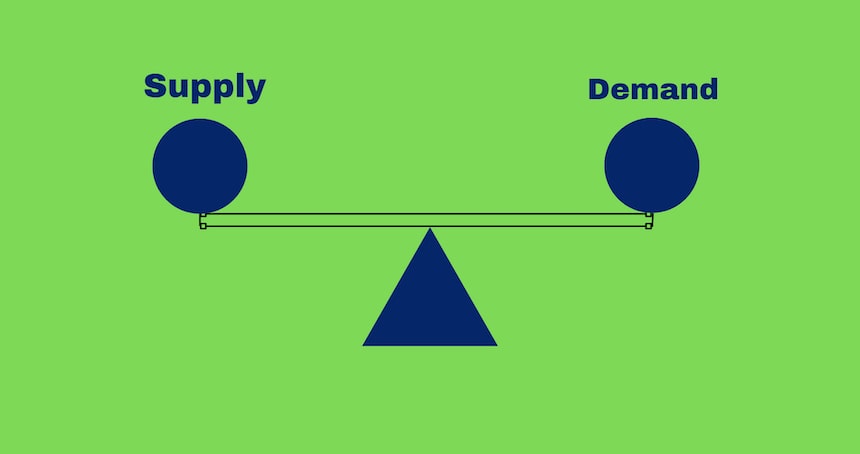 In economics, the supply is the amount of a specific good or service that’s available in the market, and the demand is the amount of the good or service that customers want to buy. In a free market, if supply stays the same, but demand increases, prices will also increase. When it comes to event ticketing, this principle means that as the demand for tickets increases, prices tend to rise. Factors such as the popularity of the artist, venue capacity, and buzz/popularity contribute to demand levels.
In economics, the supply is the amount of a specific good or service that’s available in the market, and the demand is the amount of the good or service that customers want to buy. In a free market, if supply stays the same, but demand increases, prices will also increase. When it comes to event ticketing, this principle means that as the demand for tickets increases, prices tend to rise. Factors such as the popularity of the artist, venue capacity, and buzz/popularity contribute to demand levels.
With artists like Taylor Swift or Beyoncé who have extremely dedicated fans undeterred by accelerated ticket prices, the demand for tickets rises. Additionally, with the buzz around these artists, people want to be a part of the live concert experience. The wealthiest of fans can pay inflated prices to see A-list artists so the demand is there despite high ticket prices. With high profile artists being in high demand, the limited number of tickets compared to the breadth of fans wanting to buy them creates a seller’s market. This allows promoters to charge higher, premium prices. As Forbes describes, there is a disconnect between the price that these top artists would like to charge their fans, to make concerts accessible to all, and the price that fans are willing to pay. While stars may want to make ticket prices affordable, affluent fans are willing and able to pay top dollar for admission. Because of the supply of tickets, the demand from what more affluent fans are willing to pay leads to unaffordable ticket prices for the average fan.
In addition, the size of the venue affects ticket prices. Larger venues with higher seating capacities can accommodate more attendees, meaning more supply, which increases the possibility of lower ticket prices, as compared to smaller venues with limited supply with increased demand. And on top of increased ticket prices caused by demand, venues often charge a facility fee, which then adds more to the fees that appear once you’re about to purchase the tickets. These added fees, combined with inflated prices due to high demand, work together and result in very high ticket prices.
These added fees also increase with the price of tickets. In the case of Ticketmaster, which is owned by Live Nation, there is an escalation in service charges with concertgoers likely to be paying around 30% of a ticket’s face value in fees. At the crux of the phenomenon of hefty ticket prices is the high demand, which ultimately also increases the fees involved with event ticketing.
Concert Ticketing: Dynamic Pricing
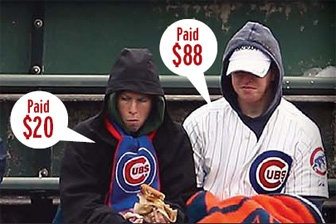
On the ticket seller side, dynamic pricing has its benefits. Its biggest benefit is maximizing revenue for those receiving a portion of the event ticketing revenue. It also increases the probability of a concert sellout by adjusting pricing to help assure it.
Dynamic pricing also allows ticket sellers to use targeted pricing strategies based on customer segments and utilize customer data and insights. For example, they can offer premium pricing for last-minute buyers or discounts to regular customers. This customized strategy captures the willingness to pay associated with various customer segments, which increases revenue while also improving customer satisfaction. AI is increasingly becoming a part of ticketing pricing algorithms with all that it entails.
Dynamic pricing is not without problems and criticism, especially in the entertainment and concert industry. Dynamic pricing, according to its critics, can result in price discrimination, with some customer segments willing to pay more for the same tickets than others. Concerns have also been raised concerning the possibility of price manipulation and exploitation by ticket sellers, especially in markets with intense competition.
Ticketing Supply Dynamics
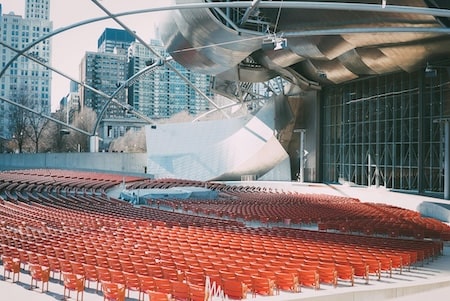
Taking advantage of the supply and demand issue in ticketing is the secondary event ticketing market. That consists of scalpers who buy tickets and resell them at an inflated price and secondary ticketing sales sites like StubHub and Vivid Seats. These platforms allow ticket holders and scalpers who buy up as many tickets as they can when the go on sale to resell their tickets at prices set by the demand in the market, This secondary market is often the only way people can purchase tickets to “sold out” shows. The result is inflated prices for popular events and more competition for the few available tickets.
Some of the artists with the most competitive ticket prices include Taylor Swift, Beyoncé, Bruce Springsteen and Adele. According to Seat Geek, the average price of a resold Taylor Swift ticket is $1,311, with Beyoncé and Bruce Springsteen tickets soaring to $480 and $469. And some tickets to Adele’s Las Vegas residency were being resold for $40,000. With artists in high demand, resellers buy up the supply of tickets in order to resell them for a large profit, knowing that there are fans out there who are willing to pay the inflated prices.
Forbes additionally describes how the best way to combat scalping is to increase the supply of tickets. Chief economist of Redfin, Daryl Fairweather, who wrote this article for Forbes explains how during the sale of tickets to Travis Scott’s 2023 tour, scalpers purchased thousands of tickets expecting the demand to be high and planned to resell at ridiculous prices. To fight this, Travis Scott expanded the tour by adding more dates, increasing the supply of tickets. As a result, there were opportunities to purchase tickets making it more difficult for scalers to take advantage of the limited supply.
Event Ticketing Pricing: Artist Factors
Certain factors relating to the artist themselves affect the ticket prices. The popularity, reputation, buzz, anticipation, and marketability of the artist may significantly influence the pricing of the tickets. As mentioned previously, artists with a strong fan base and high demand for their performances can command higher fees, driving up ticket prices.
n it comes to negotiating performance fees, the management of established performers with a solid fan base and a successful track record frequently have more negotiating power. While promoters “officially set the ticket prices,” some artists with enough leverage are in control of the pricing. The biggest artists in music are more in control of pricing, while smaller artists are beholden to promoters. Live Nation asserts that the artist and their business team will listen to the promoter’s input and then decide the final price. Even with the biggest promoters like Live Nation or AEG, this may be the case.
Moreover, the demand and the price for tickets are influenced by an artist’s marketability, which includes their recent chart success, promotional efforts, and album or tour schedule. A concert tour that is scheduled to coincide with the release of an album or other media announcement can increase interest and ticket sales.
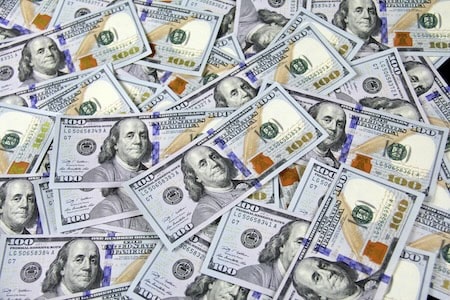
Some artists, like Olivia Rodrigo, have launched programs to help fans gain access to their shows. Last fall, Rodrigo and Live Nation announced the “Silver Star” ticket program which made a limited number of tickets priced at only $20 plus taxes and fees. In the press release, it was said that this program was launched to make it as easy and affordable as possible for her fans to make it out to her shows. While it may be hard to combat dynamic pricing and the secondary market, initiatives like this help fans acquire affordable tickets to shows.
Conclusion
Demand, supply, venue, and artist factors all play a role in the complex process that is the economics of concert ticket pricing. Concert promoters utilize event ticket pricing strategies to maximize ticket sales and revenue thus allowing them to spend revenue on production issues, guaranteeing that attendees have a great time at the event. Attendees also obtain insightful knowledge about the factors that determine ticket prices. Recent events have led both states and the federal government to require that these fees be shown upfront rather than later in the ticket buying process. In the end, it’s the economic principle of supply and demand that is the biggest factor in event ticketing pricing. Without demand, the high-ticket prices for concerts would not stand. Evidently the demand for live concert experience and high ticket prices is driven by the passion of fandom and well beyond the capacity to mitigate that demand.
Related Posts:
